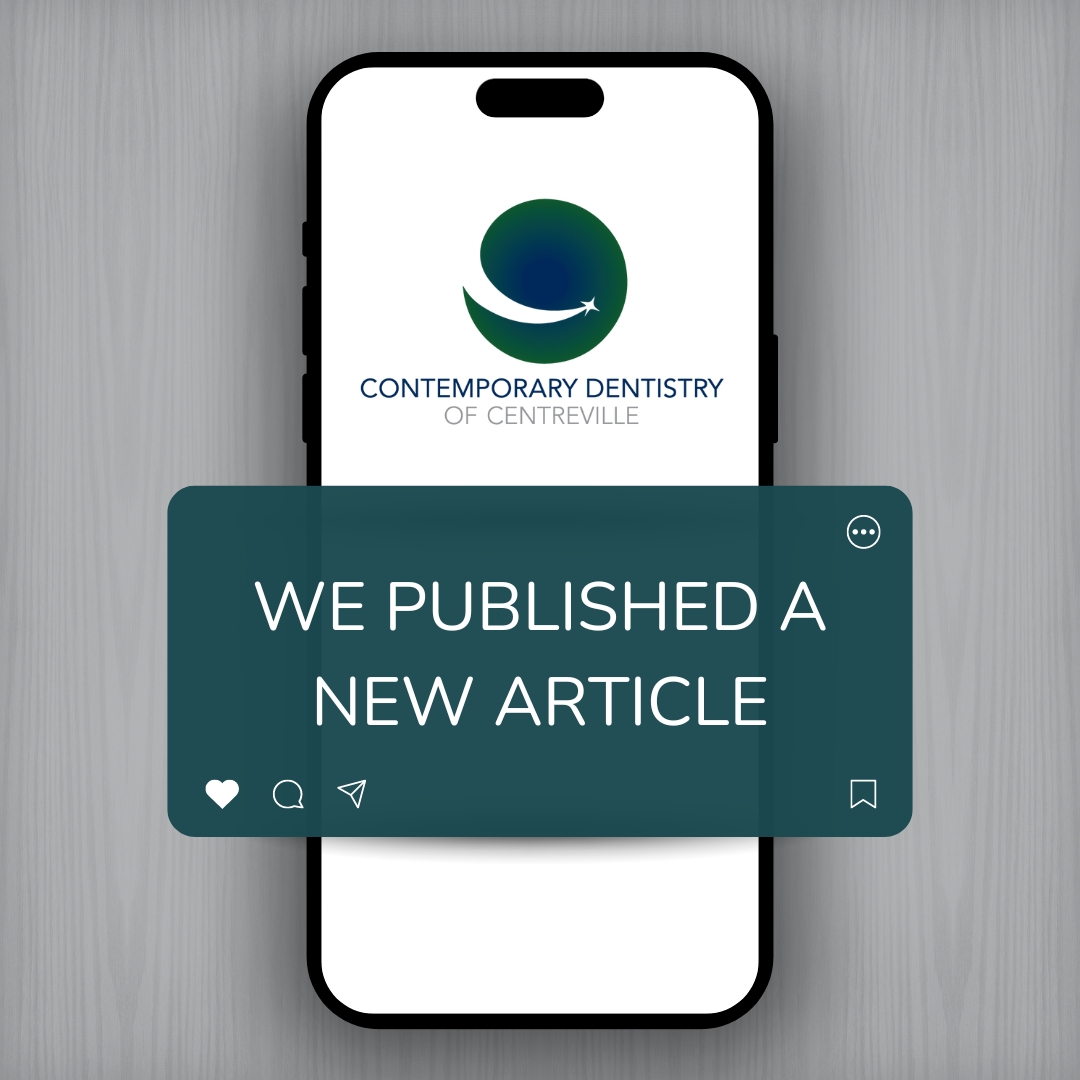The internet is fraught with myths about everything. In this “information age” you might think it would be easy to find the truth, but that’s not always the case. Dentistry is no different. It’s no surprise that dental myths are abundant, especially in regard to some of the more intimidating procedures. However, advancements in dental technology have made it possible to receive the advanced care you need with little to no discomfort. Here are some common myths you might hear about root canals debunked. Contact our dental office to learn more.

Myth 1: Root canals are painful.
Long ago, this might have been the case. However, modern advancements in the techniques and technology available to dentists have made this procedure quick and relatively painless. In fact, the damaged tissue often causes more day-to-day pain and discomfort than the procedure itself will!
Myth 2: Root canals can cause illness.
In the 20th century there was a popular misconception that a root canal could put you at risk of developing illness or an infection. Not only has this been definitively disproven, but root canals have actually been shown to help prevent illness. According to a study published in a journal of the American Medical Association (JAMA Otolaryngology—Head & Neck Surgery), root canals can lower your risk of certain cancers by up to 45%.
Myth 3: Extraction is a better option.
When possible, it’s always preferable to keep your natural teeth. In addition to the inconvenience of dealing with a missing tooth, removing teeth can cause the surrounding ones to loosen and shift over time, possibly necessitating more procedures in the future. The success rate of a root canal treatment is extremely high and the tooth itself, with proper care, can last for a lifetime.
Don’t let misinformation about dental care stop you from receiving the treatments you need. Contact Contemporary Dentistry of Centreville today to schedule an appointment with our Centreville dentist and set the record straight on root canals.


















